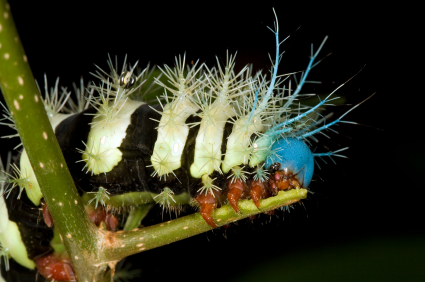Biodiversity
The Importance of Biodiversity

Biodiversity is the amount of variety of life on Earth. It is the number of different species of plants, animals, and microorganisms. It includes organisms from Earth’s vastly different ecosystems, including deserts, rainforests, coral reefs, grasslands, tundra, and polar ice caps.
Our biodiversity is very important to the well-being of our planet. Most cultures, at least at some time, have recognized the importance of conserving natural resources. Many still do, but many do not.
Healthy ecosystems and rich biodiversity:
- Increase ecosystem productivity; each species in an ecosystem has a specific niche—a role to play.
- Support a larger number of plant species and, therefore, a greater variety of crops.
- Protect freshwater resources.
- Promote soils formation and protection.
- Provide for nutrient storage and recycling.
- Aid in breaking down pollutants.
- Contribute to climate stability.
- Speed recovery from natural disasters.
- Provide more food resources.
- Provide more medicinal resources and pharmaceutical drugs.
- Offer environments for recreation and tourism.

How do we replace lost biodiversity? Our environments and the species that live in them need a diverse population of genes. More genetic defects are caused by inbreeding. With reduced diversity in the gene pool, the chance for extinction increases.
All species, including humans, are adversely
affected by the loss of species diversity.



